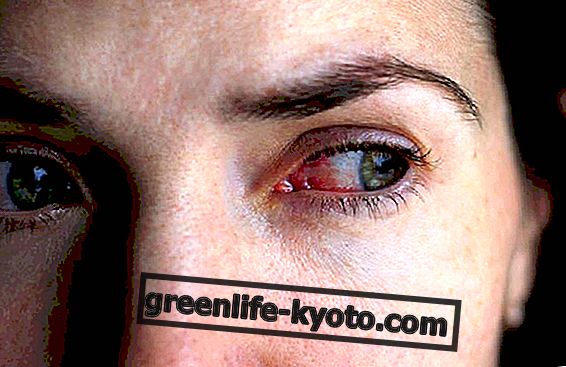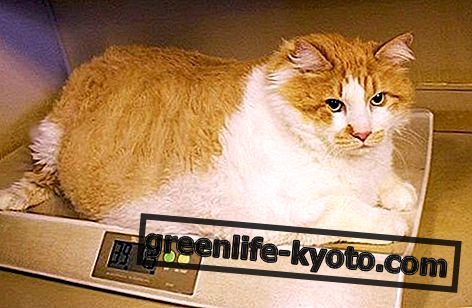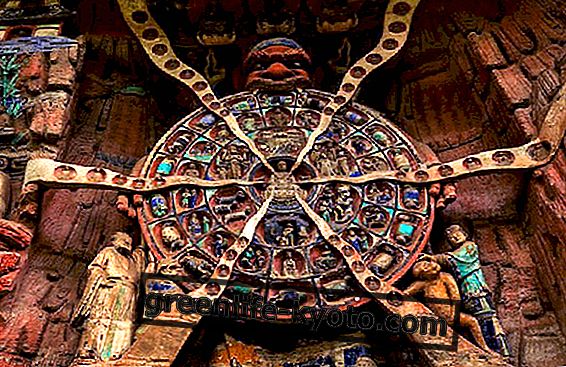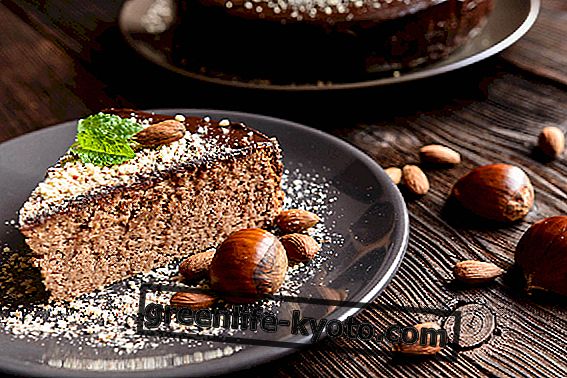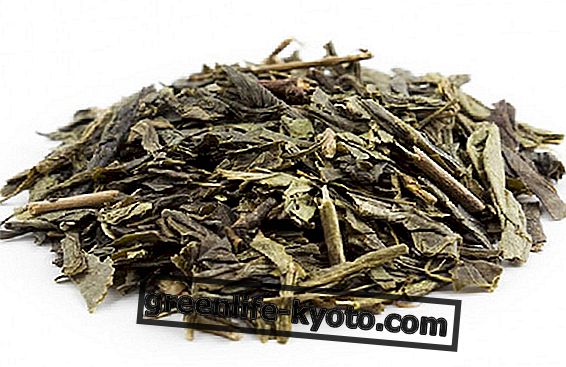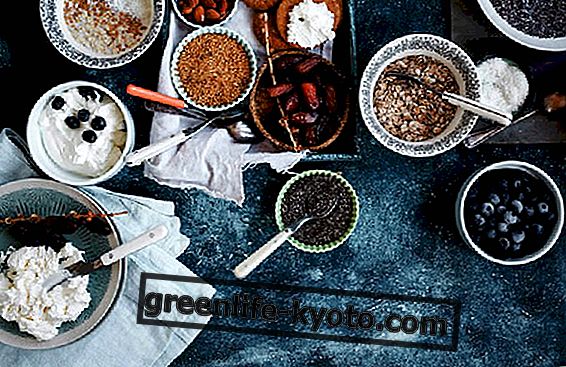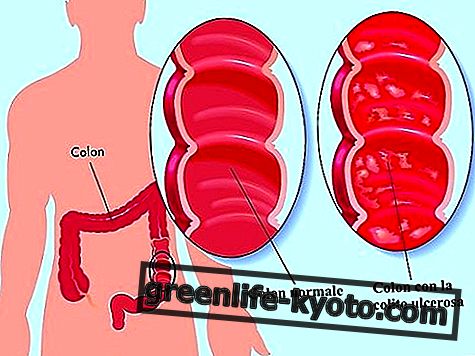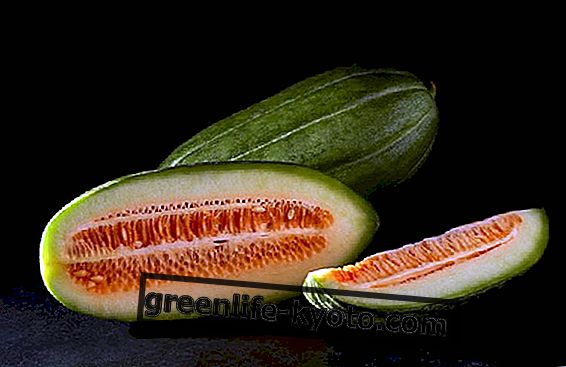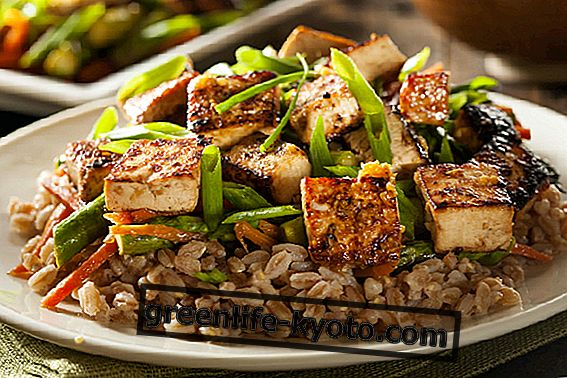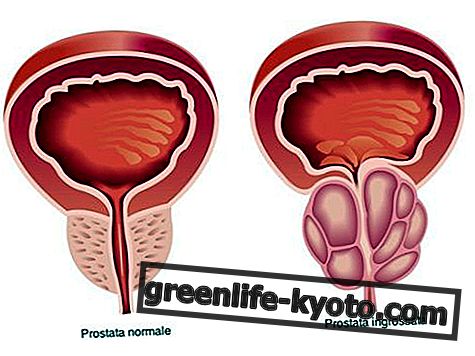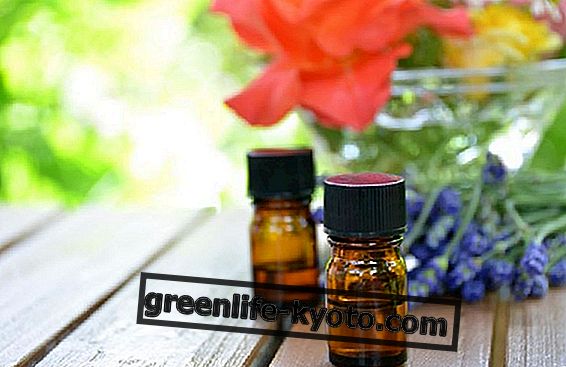The borage mother tincture is extracted from Borago officinalis, a plant of the Boraginaceae family. Known for its anti-inflammatory, depurative and diuretic action, it is not recommended for use as hepatotoxic . Let's find out better.

Properties of borage mother tincture
Borage, known to experts as Borago officinalis, is a plant of the Boraginaceae family. The seeds are rich in polyunsaturated fatty acids and are used for their anti-inflammatory and protective properties of the cardiovascular system.
The plant, stem, flowers and leaves, considered in the purifying, diuretic and detoxifying folk medicine, in reality should not be used for curative purposes, neither as an infusion nor as a juice or mother tincture, since the leaves and flowers of the Borage contain, in some phases of its development, pyrrolizidine alkaloids.
These substances are hepatotoxic, that is they can cause serious damage to the liver, similar to that of cirrhosis, and, according to research, they would also be carcinogenic (licosamine, amabilin, supinidine, tesinin and durrina).
The Ministry of Health has in fact established with a decree that the flower and leaves of Borago officinalis are not allowed in food supplements.
Also food use is not recommended, in salads for example, if not in small quantities . Of the plant it is possible to use only the borage oil extracted from the seeds, rich in polyunsaturated fatty acids, omega-3, but above all omega-6.
From the seeds of borage, the oil with countless properties
Description of the plant
Originating from the East, borage is widespread in most of Europe and Central America, where it still grows spontaneously up to an altitude of 1000 meters. It is grown in all temperate regions of the globe.
Herbaceous plant, often grown as an annual, can reach a height of 80 cm. It has oval elliptic, petiolate leaves, which have a rough down, dark green collected in a basal rosette 10-15 cm long and then smaller on the stem. The flowers have five petals, arranged like a star, of blue-violet color, in the center are visible the anthers deriving from the union of the 5 stamens. The flowers are summit, collected in groups, hanging in full bloom and of short duration. They have long pedicels. The fruits are achenes that contain within them several small seeds, from which this precious borage oil is obtained.
You can learn more about the properties and contraindications of the borage plant

Preparation
This plant is included in the list of the ministry of health for the use not allowed in the sector of food supplements. The mother tincture can be prepared, but its use is not recommended and prohibited.
Using borage mother tincture
Currently the therapeutic use in releasing quantities of borage leaves and flowers in the raw state is not recommended, both for the insufficiency of medical evidence (both positive and contraindications), and for the fact that the raw petals and leaves would contain, in quantity not yet well defined, pyrrolizidine alkaloids, with potential hepatotoxic and carcinogenic activity. Thus the use of mother tincture is also not recommended .
